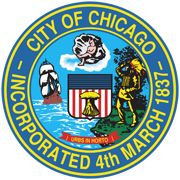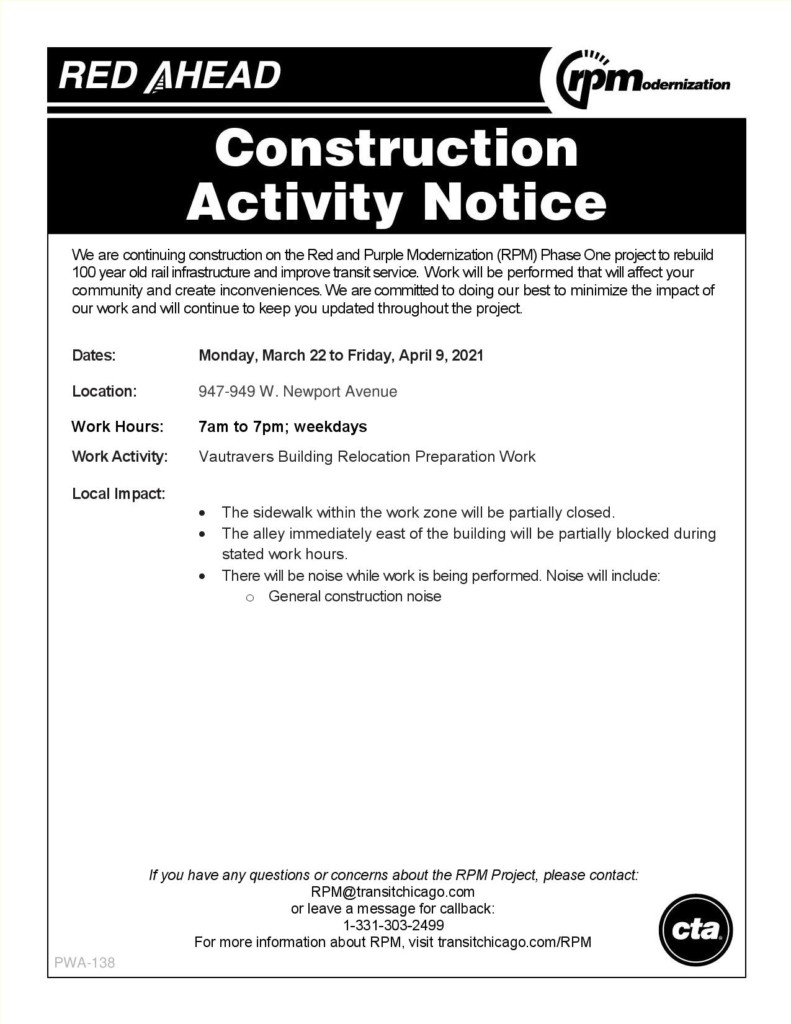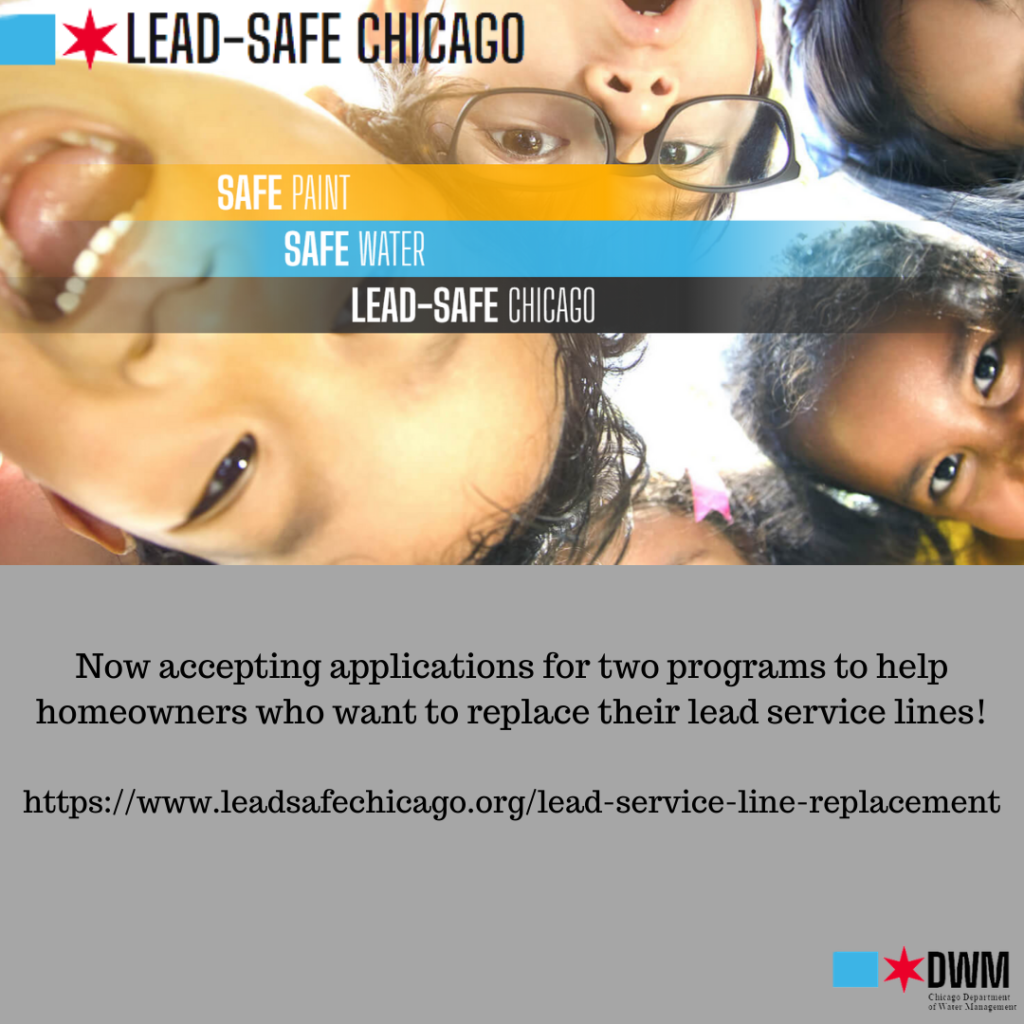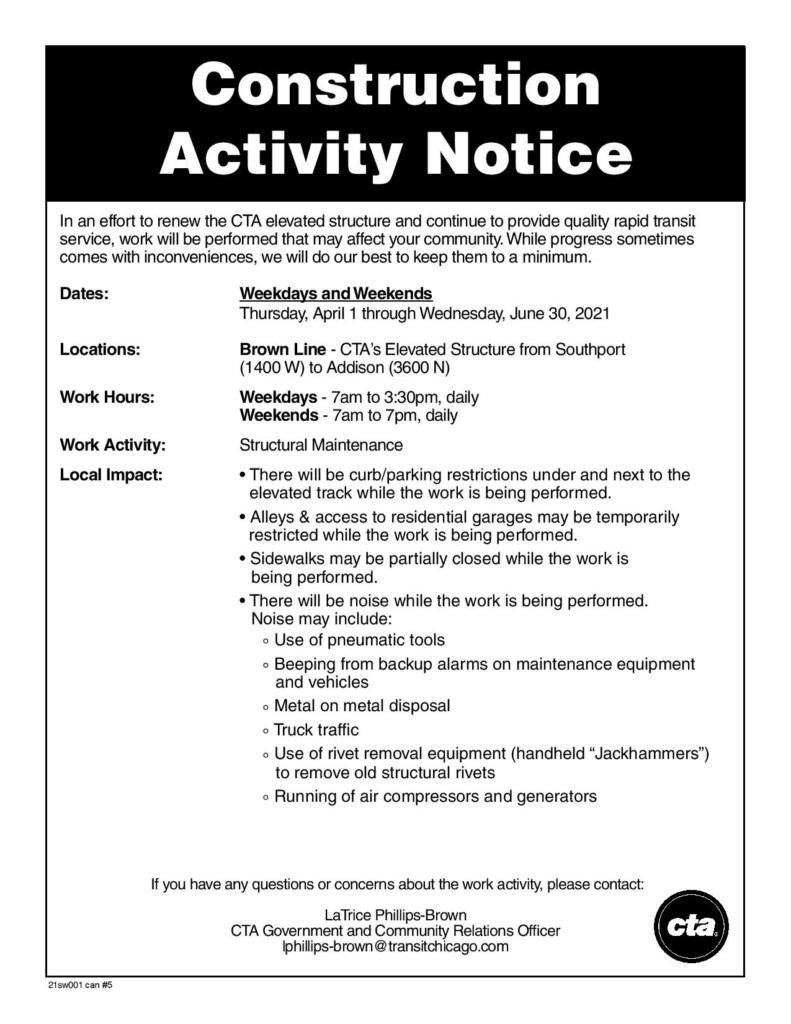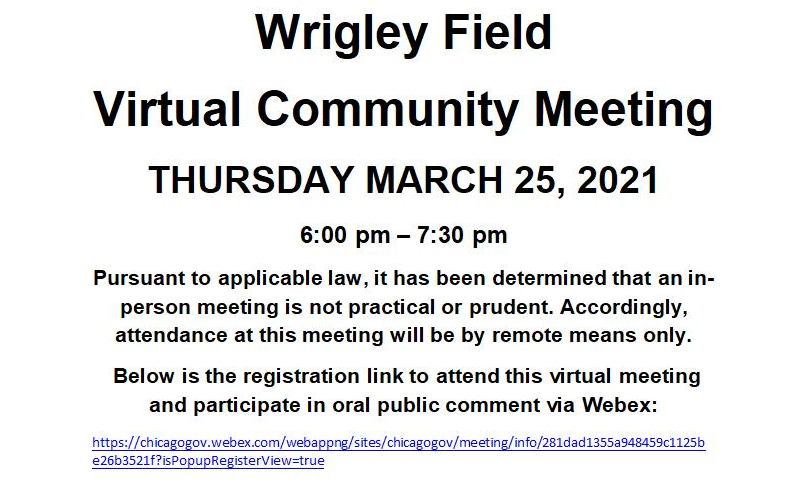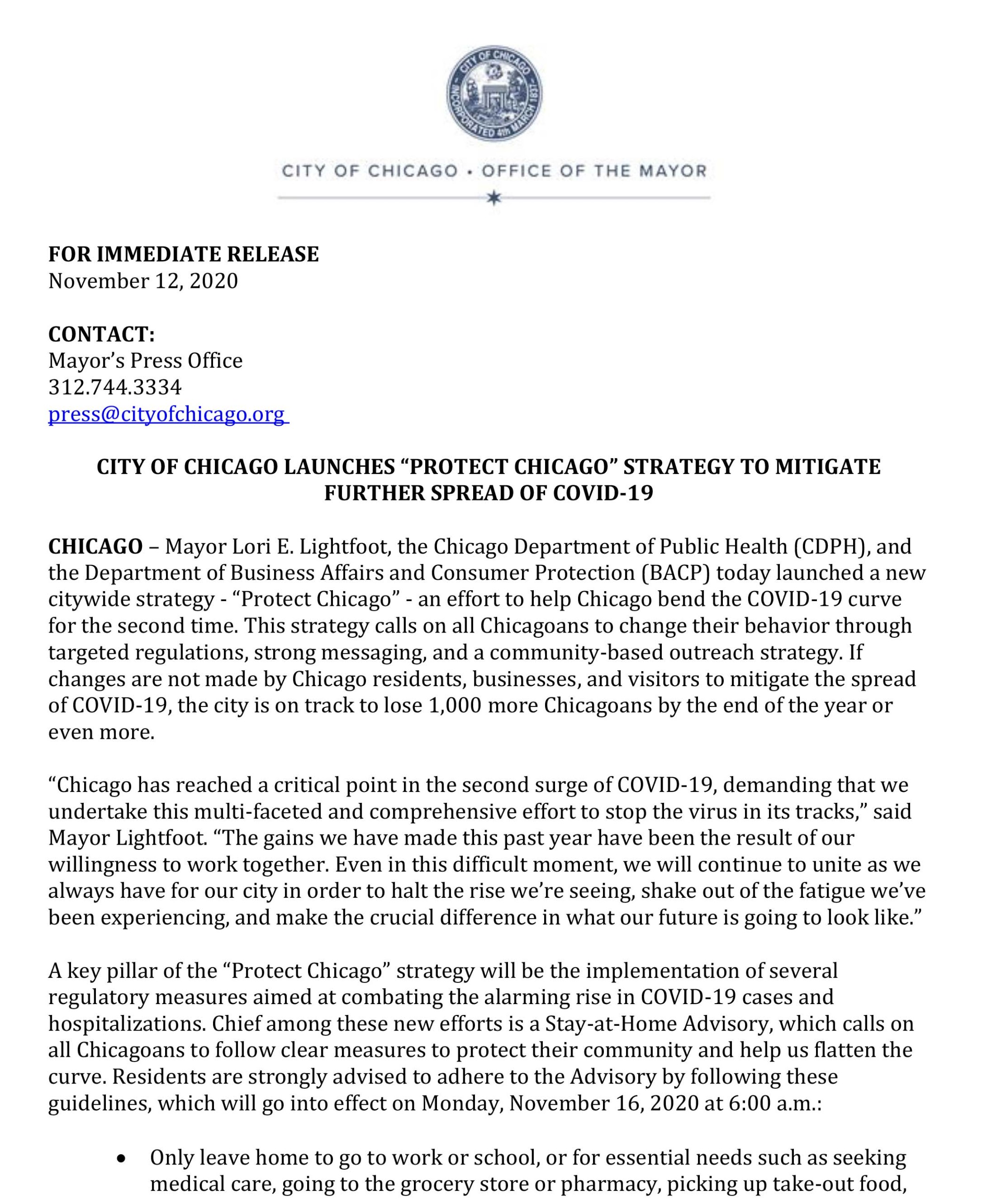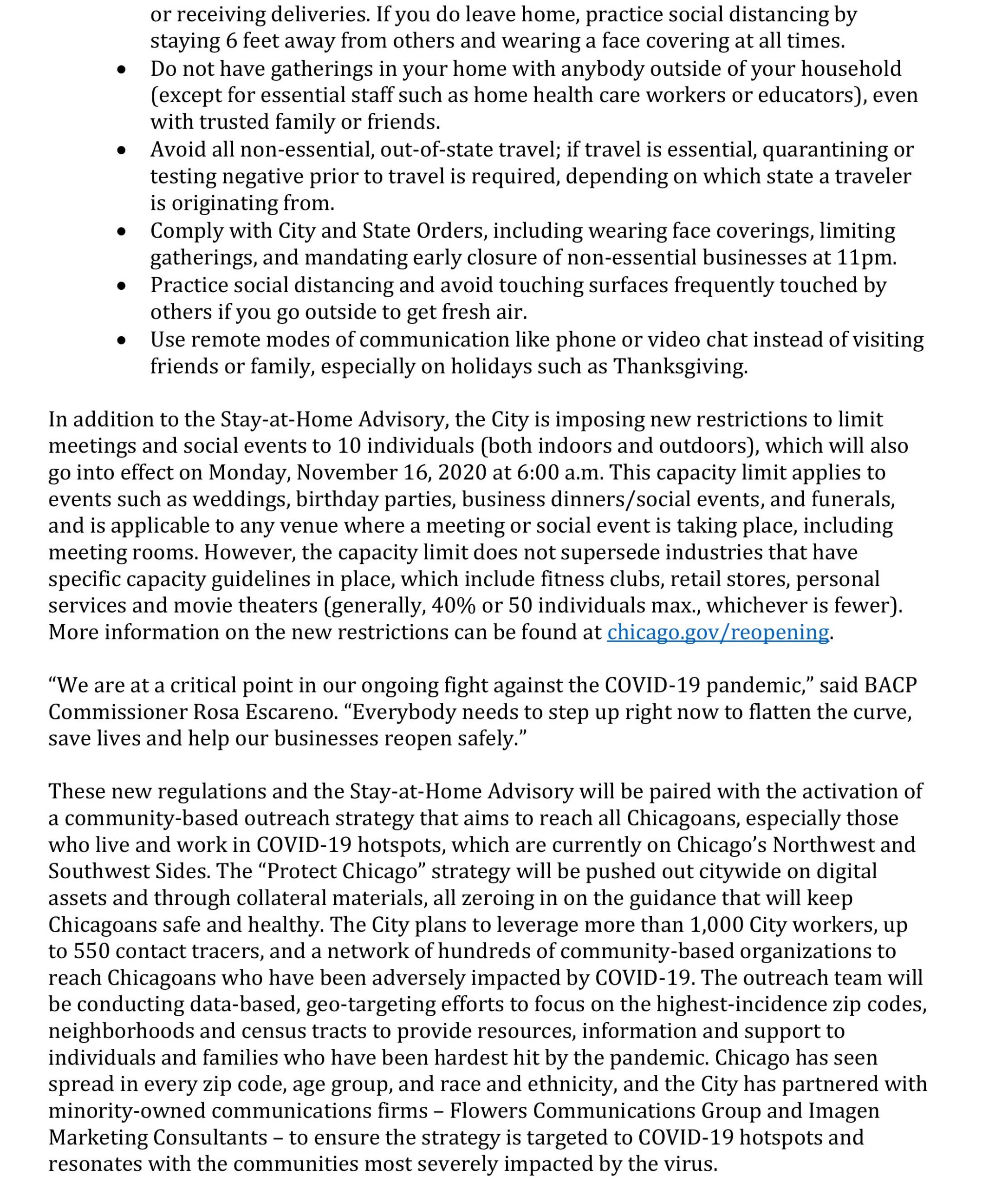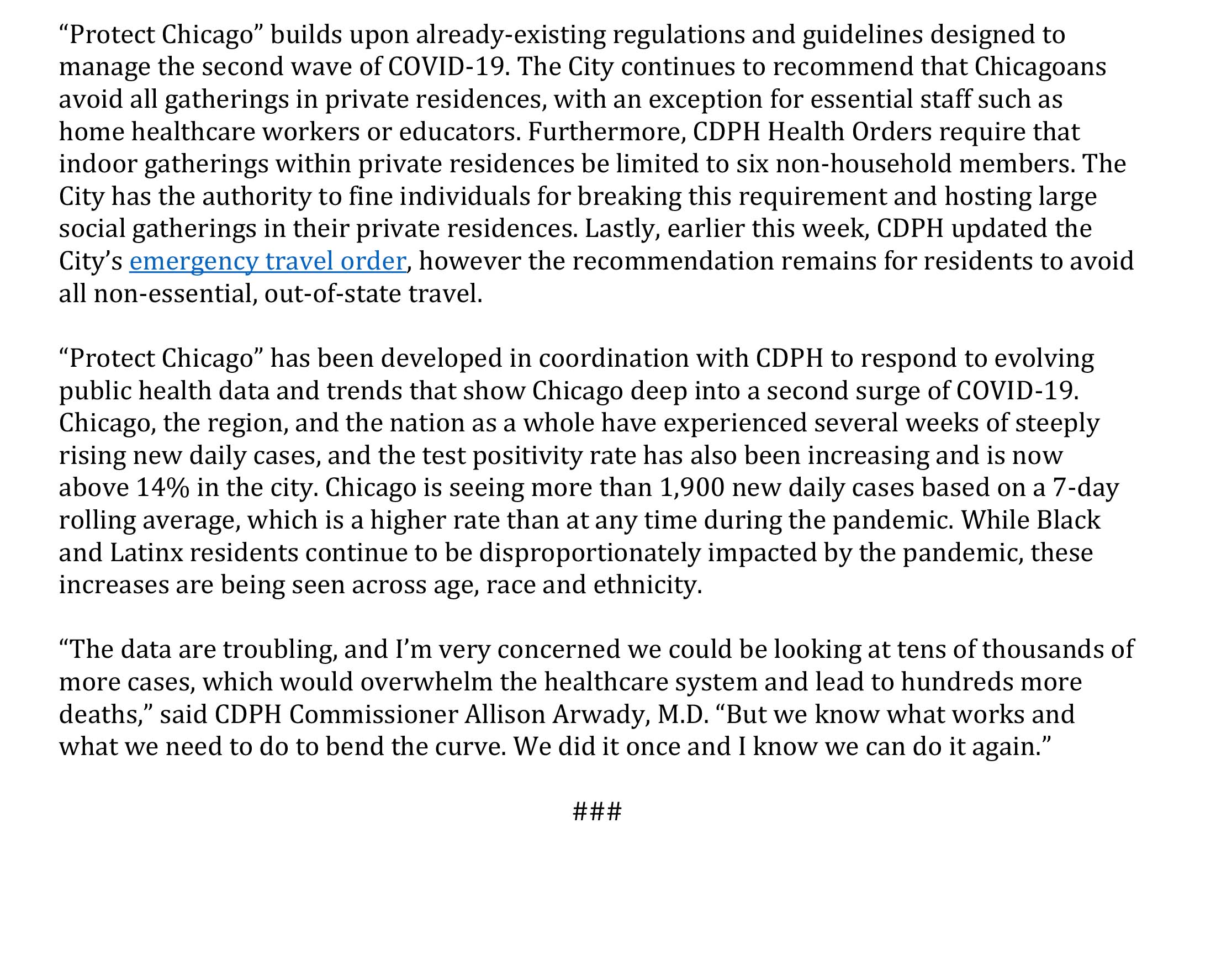Articles under City of Chicago Notice
RPM Construction on 900 Block of W Newport
Lead Service Line Replacement Programs Taking Applications
Last fall the City has announced two new lead service line replacement programs for homeowners who would like to replace their lead service lines. If you live in a single-family or two-flat home built before 1986, it is likely that you have a lead service line. Chicago’s drinking water is in compliance with all industry, state and federal standards so replacement is completely voluntary.
- Homeowner-Initiated Program. If a homeowner wants to hire a contractor and remove the existing lead service line, this program will waive the permit fees for the project. This could amount to a savings of up to $3,100. Additionally, the City will attach the new service line to the water main and provide a free water meter for the contractor to install, if there isn’t one already in place. To qualify, the request for the fee waiver must be a standalone and not made in conjunction with a home renovation or expansion.
- Equity Lead Service Line Replacement Program. Under this program, you may be eligible for a free lead service line replacement all the way from the water main into your home plus installation of a free water meter to save money on your water bills if:
- Live in a single-family or two-flat you own.
- Have a household income below 80% of the area median income ($72,800 for a family of 4).
- Have consistent results of at least 15 parts per billion of lead in your water in free testing by done by the Department of Water Management.
Residents interested in the Equity Program are encouraged to call 311 and ask for a water test kit to get started. More information on both these programs and links to apply can be found at: https://www.leadsafechicago.org/lead-service-line-replacement
Brown Line Maintenance Work
Annual Wrigley Field Community Meeting
Apply – Greencorps Chicago
2020 Scooter Pilot Feedback Survey

The 2020 four-month shared e-scooter pilot program concludes on December 12, 2020. The City of Chicago would appreciate your help to evaluate the program by taking this survey to help determine what role shared e-scooters should play in the City’s transportation landscape. As the pilot ends, City staff will evaluate the impact and success of the pilot and take into account these survey results, an analysis of trip data and stakeholder feedback. After completing the program evaluation, the City will work with residents and City Council to determine a long-term approach to innovative, shared micromobility.
The City will be conducting a thorough evaluation of the pilot with a report to be published in early 2021. Your response to this survey is much appreciated and will help shape the pilot evaluation and help inform future decisions on shared e-scooters in Chicago. Thank you!
OEMC Encourages Residents to Prepare Now for Upcoming Winter Weather Amid COVID-19 Pandemic

For Immediate Release: November 20, 2020
Media Contacts:
Mary May, mary.may@cityofchicago.org
Therese Kordelewski, therese.kordelewski@cityofchicago.org
OEMC Encourages Residents to Prepare Now for Upcoming Winter Weather Amid COVID-19 Pandemic
Warming centers, connection to shelters and other City services available through 3-1-1; COVID-19 stay-at-home advisory in effect for Chicago
CHICAGO – During Winter Weather Preparedness Week in Illinois, and as the City prepares for the winter season during the COVID-19 pandemic; the Chicago Office of Emergency Management and Communications (OEMC) is advising residents and businesses to consider how the cold temperatures and changing weather to come will impact their planning and take precautions now to get ready, especially given the challenges of the pandemic.
“OEMC is dedicated to ensure the City of Chicago is prepared for the winter season, particularly during the COVID pandemic,” said OEMC Executive Director Rich Guidice. “We will continue to monitor weather conditions with the National Weather Service and coordinate response efforts with City departments and public partners to keep residents safe and informed.”
OEMC hosted a Winter Weather Workshop in October with public safety, infrastructure and other departments and agencies to plan the coordination of operations for the winter months ahead.
Severe cold temperatures, strong winds and snow can cause additional hazards, whether home or traveling, so it’s important to stay informed. OEMC issues several alerts and notifications to keep people up to date on weather conditions and emergencies.
- Notify Chicago: Sign up for emergency alerts at www.NotifyChicago.org
- CHILAKE: For lakefront notices including flooding, TEXT “CHILAKE” to 7-8-0-1-5
- COVID: Get COVID-19 updates by TEXTING “COVID19” to 6-7-2-8-3
- CHIBIZ: Business updates, TEXT “CHIBIZ” to 6-7-2-8-3
Department of Streets and Sanitation
The Department of Streets and Sanitation (DSS) manages more than 9,400 lane miles of roadway and maintains a fleet of over 300 snow vehicles that are fully prepared to respond if needed. In addition, DSS has over 400,000 tons of salt stationed at salt piles throughout the city.
Winter Overnight Parking Ban
The City’s winter overnight parking ban goes into effect on December 1st. This ban restricts parking on 107 miles of critical roadways during the hours of 3 a.m. to 7 a.m. to ensure that our crews can quickly salt and plow the streets during a winter storm. Residents are encouraged to check the posted street signs for parking restrictions.
Chicago Department of Public Health
As the City braces for cold temperatures and winter weather, the Chicago Department of Public Health (CDPH) would like to caution residents to take care of themselves, and to also provide assistance to neighbors, family members, pets and friends, particularly those who are elderly, have disabilities and/or live alone. Taking preventative action is the best way to stay safe from the serious health risks associated with winter weather. Residents are advised to limit their time outside, wear layers of warm clothing when going outside, and watch for signs of frostbite and hypothermia. As a reminder, under Chicago’s Stay-at-Home Advisory, residents should:
- Only leave home to go to work, school, or for essential needs such as seeking medical care or going to the grocery store or pharmacy.
- Always practice social distancing by staying 6 feet away from others.
- Wear a face covering at all times.
- Do not have gatherings in your home.
- Avoid all non-essential, out-of-state travel.
CDPH is also reminding residents that it’s not too late to get a flu shot. The combination of flu and COVID-19 could overwhelm healthcare settings. We all need to do our part to prevent the spread of respiratory illnesses and help conserve potentially scarce health resources in hospitals already caring for COVID-19 patients. Residents can find flu shot locations at chicago.gov/flu.
Department of Family and Support Services Warming Areas
The Department of Family and Support Services (DFSS) activates warming areas at the City’s six community service centers when temps are at 32 degrees or below.
- The warming areas are open Monday-Friday, 9 a.m. to 5 p.m.
- On evenings, weekends or holidays, city-operated facilities including libraries and park facilities might also serve as warming areas, if needed.
- Residents must wear a face covering while in the warming areas.
- The Garfield Community Service Center at 10 South Kedzie, is open on a 24-hour basis to connect families and residents to emergency shelter.
- Those seeking a warm place to go after hours can also call 3-1-1 to be connected with available services. Individuals requiring emergency overnight shelter should also call 3-1-1, visit 311.Chicago.gov or download the CHI311 app to ensure residents are aware of the City’s designated warming areas. Residents are also encouraged to check on relatives, neighbors and friends during a winter weather emergency.
- A list of community service center locations is available at Chicago.gov/FSS. Information and multilingual fliers containing warming center information in English, Spanish and Polish also are posted on DFSS’s website at Chicago.gov/FSS.
Chicago Fire Department Winter Preparedness Safety Tips
The Chicago Fire Department does not recommend using space heaters; however, if used, be sure they are UL certified and at least 3 feet from anything that can ignite. Use of a space heater in children’s rooms should be monitored closely as children sometimes move them close to or into the bed with tragic results. If extension cords are used, they should be rated at 15 amps minimum and never put cords under carpet.
With the added demand on furnaces and boilers, CFD also reminds residents are required by ordinance to have working carbon monoxide detectors to protect against carbon monoxide leaks from a heating system that could be fatal over time. Those seeking access to warming centers and/or experiencing insufficient heat are encouraged to contact 3-1-1 for immediate assistance. Also, be sure to keep smoke detectors in working order.
Department of Water Management
The Department of Water Management reminds residents to prevent frozen pipes, make sure that warm air is circulating throughout the home and keep a trickle of water running. If pipes freeze, do not use candles or any open flame to thaw them. Use a hair dryer or heating pad. For more info visit www.chicago.gov/water
National Weather Service
The National Weather Service in Chicago suggests keeping an eye on the forecast even 3-5 days out and consider how the expected conditions will impact you and how you can prepare. As winter weather develops and situations are updated, it’s even more important to know what actions are needed when advisories and warnings are issued by the National Weather Service.
- Winter Weather Advisory: Potentially dangerous winter weather is expected within the next 12-36 hours; Travel difficulties expected.
- Winter Storm Warning: Dangerous winter weather is expected in the next 12-36 hours or is occurring; Travel problems are expected.
- Blizzard Warning: Severe winter weather is expected in the next 12-36 hours or is occurring – including white out conditions. Do not travel.
Cold-Weather Tips
- Motorists should take extra precautions to winterize vehicles and have necessary supplies on-the-go. Keep in mind, disabled vehicles or distracted driving can cause accidents, impact traffic and others or requiring emergency services.
- Residents should know the signs and care of frostbite and hypothermia. For Winter preparation information visit, Chicago.gov/OEMC/alertrespond/WeatherExtremes including links to other local, state and federal resources.
- Avoid unnecessary trips outside-if you must go out, limit the time you stay outside;
- Wear several layers of loose, warm clothing;
- Keep your head, hands and feet covered when outdoors;
- Stay dry, because moisture can damage the insulating effectiveness of clothing;
- Pay extra attention to your daily needs: get enough sleep, eat high energy foods, drink warm beverages to help your body stay warm, and avoid alcoholic beverages;
Peoples Gas Cold Weather Tips and COVID-19 Financial Assistance
Make sure you’re ready to heat your home safely this winter. Have your furnace inspected by a qualified technician and follow these safety steps throughout the heating season, Please call us immediately at 866- 556-6002 if you think you may have a natural gas emergency. For safety tips and additional details, visit PeoplesGasDelivery.com/safety/cold-weather
Peoples Gas has voluntarily suspended residential disconnections for the remainder of November. From Dec. 1 to March 31, the annual winter moratorium will protect residential customers from natural gas disconnections. Additionally, extended payment arrangements and financial assistance for relief to customers amid the COVID-19 pandemic. Learn more by visiting, PeoplesGasDelivery.com/payment-bill/assistance or call 866-556-6000.
For additional information on emergency preparedness information, visit our website at Chicago.gov/OEMC. Follow the Office of Emergency Management and Communications on Facebook, Twitter (@ChicagoOEMC) and Instagram (chicago_oemc_911) using the hashtags #ChicagoOEMC #Smart911 #Chicago911 #BeSafeChicago.
# # #
CITY OF CHICAGO LAUNCHES “PROTECT CHICAGO” STRATEGY TO MITIGATE FURTHER SPREAD OF COVID-19
MAYOR LIGHTFOOT AND CDPH COMMISSIONER DR. ARWADY SOUND THE ALARM ON SECOND WAVE OF COVID-19
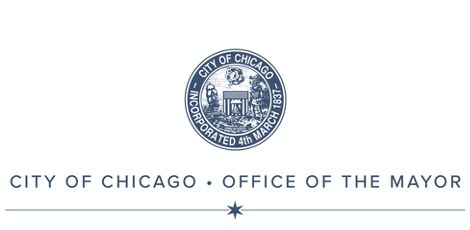
FOR IMMEDIATE RELEASE
October 19, 2020
CONTACT:
Mayor’s Press Office
312.744.3334
press@cityofchicago.org
MAYOR LIGHTFOOT AND CDPH COMMISSIONER DR. ARWADY SOUND THE ALARM ON SECOND WAVE OF COVID-19
Cases, positivity rate and hospitalizations all on the rise over the past two weeks; City considering measures to reverse the increase, including renewed restrictions on businesses
CHICAGO – Mayor Lori E. Lightfoot today joined Chicago Department of Public Health (CDPH) Commissioner Allison Arwady, M.D., to sound the alarm on the worrying trends across COVID-19 health metrics, including a significant rise in cases, positivity rate and hospitalizations. Over the past two weeks, cases have risen by more than 50%, to over 500 per day. This is the most cases per day seen in Chicago since late May, the tail-end of the pandemic’s first wave, and is coinciding with a worrying increase in hospitalizations, which are also up 25% for non-ICU COVID patients and suspected cases since September 22. To combat this second wave of COVID-19, Mayor Lightfoot is calling on all residents to wear masks and strictly limit social gatherings, even small ones. In a gathering of only 10 people, there is a 14% chance that someone is currently infected with COVID-19. To further fight the spread of COVID-19, the City is considering additional measures in the
coming days, including bringing back restrictions on businesses.
“The data is clear – we are now in a second surge of COVID-19 and I am extremely concerned,” said Mayor Lightfoot. “Now is the time to double down on what we know works and come together as a city to flatten the curve once again. Everyone must do their part to keep themselves and others safe and help us overcome this deadly disease.”
Over the last two weeks in particular, Chicago has seen an alarming increase across COVID-19 health metrics. While this increase has coincided with an increase in testing, with close to 11,000 tests now completed each day, the test positivity rate has also increased more than a percentage point to 5.2%. This indicates that the increase in testing does not fully explain the rise in cases. Furthermore, hospitalizations, a measure of severe outcomes which often lags behind an increase in cases, are up to 313 per day citywide. Deaths, too, usually lag an increase in cases and hospitalizations, so City officials are expressing great concern over the possibility of a further increase. Over 3,000 Chicagoans have died from COVID-19.
“I’m deeply concerned about these trends and worried that we’ve got some COVID fatigue setting in where people are not following the public health guidance as they should. This virus doesn’t care who you are, it’s just looking to spread, and if we give it the opportunity to do so it will,” said Dr. Arwady. “Most troubling is the fact that COVID-19 continues to have a disproportionate impact on Black and Latinx individuals, and those with under-lying medical conditions. But we’re seeing a rise in cases across the city and across all races and ethnicities, so we all need to rededicate ourselves to combatting this epidemic.”
Mayor Lightfoot and Dr. Arwady are calling on all residents to recognize the seriousness of this second wave of COVID-19 and take the necessary personal steps to stem the tide. Specifically, all residents need to wear masks or face coverings anytime they are in a public space or unable to maintain six feet of social distancing. Furthermore, residents should avoid social gatherings, even small get-togethers. The more individuals that are a part of your “bubble”, the greater the risk of COVID19 transmission. In a gathering of ten people, there’s a 14% chance one person in that group has COVID-19.That means one out of every seven gatherings of ten people has COVID-19 present. This likelihood of someone having COVID-19 increases as gathering sizes grow – there is a 50% chance that someone in a gathering of 50 people has COVID-19. The majority of COVID-19 cases in Chicago are spread between people that know each other, so the best way to stem the tide is to avoid social gatherings and keep your bubble small.
To further fight the spread of COVID-19 and save lives, the City is prepared to take drastic but necessary steps in the coming days. This may include a rollback of COVID-19 reopening regulations for businesses, including potentially restricting capacity and limiting total gathering size and/or returning to Phase Three of the reopening framework.
“Chicago is at a critical moment in the ongoing fight against COVID-19,” said Dr. Nancy Glick of Sinai Health System’s Infectious Disease Division. “We have learned a great deal about this virus since the first surge, including what works to stop the spread. It is more important than ever to commit to those strategies – wearing a mask, limiting social gatherings and ultimately saving lives.” The significant increase of COVID-19 in Chicago corresponds with a second wave of the virus throughout the entire Chicagoland region, across Illinois, in other Midwestern states and throughout the country. As a reminder, the City’s Emergency Travel Order currently covers 26 states and territories, including Wisconsin and Indiana. Chicagoans are urged not to travel to these states and territories, and if they do they are required to quarantine for 14 days upon their return, unless they are an essential worker traveling for business. For Wisconsin and Indiana, the Order applies to individuals coming from Wisconsin or Indiana to Chicago for non-work purposes and Chicago residents returning from Wisconsin or Indiana, unless they are deemed an essential worker. To learn more, visit chicago.gov/coronavirus.
###

